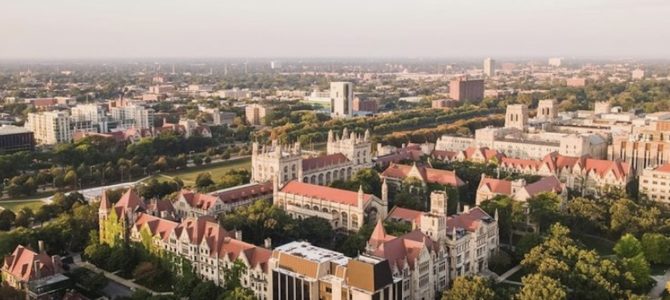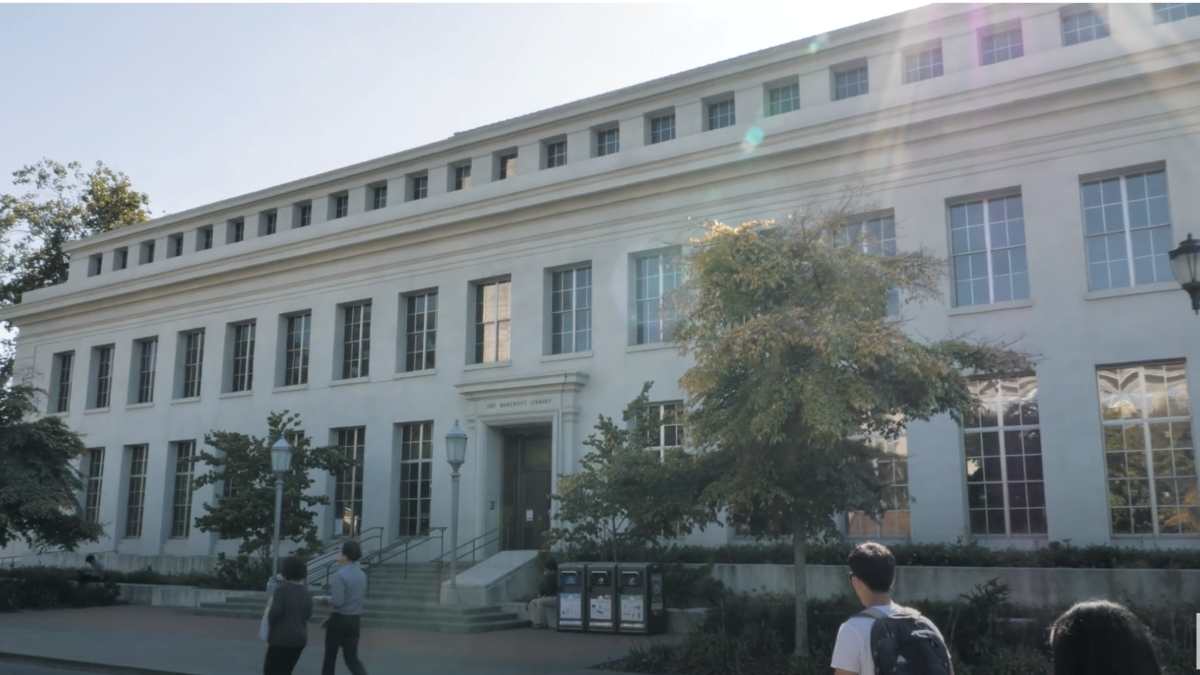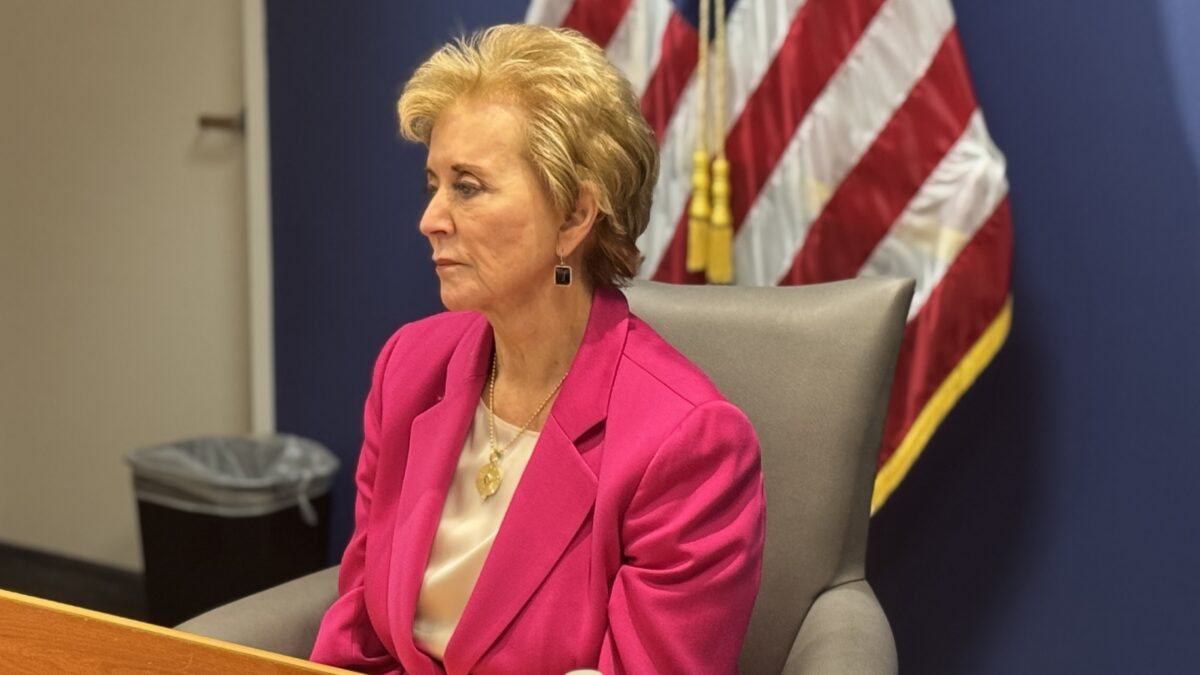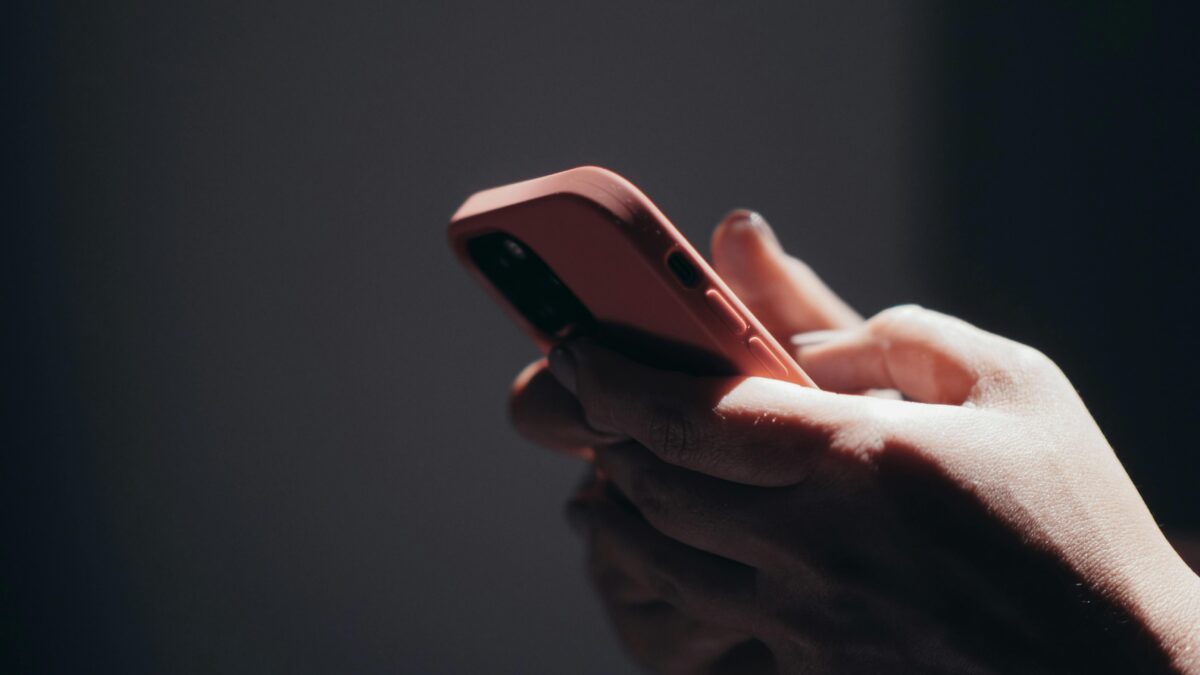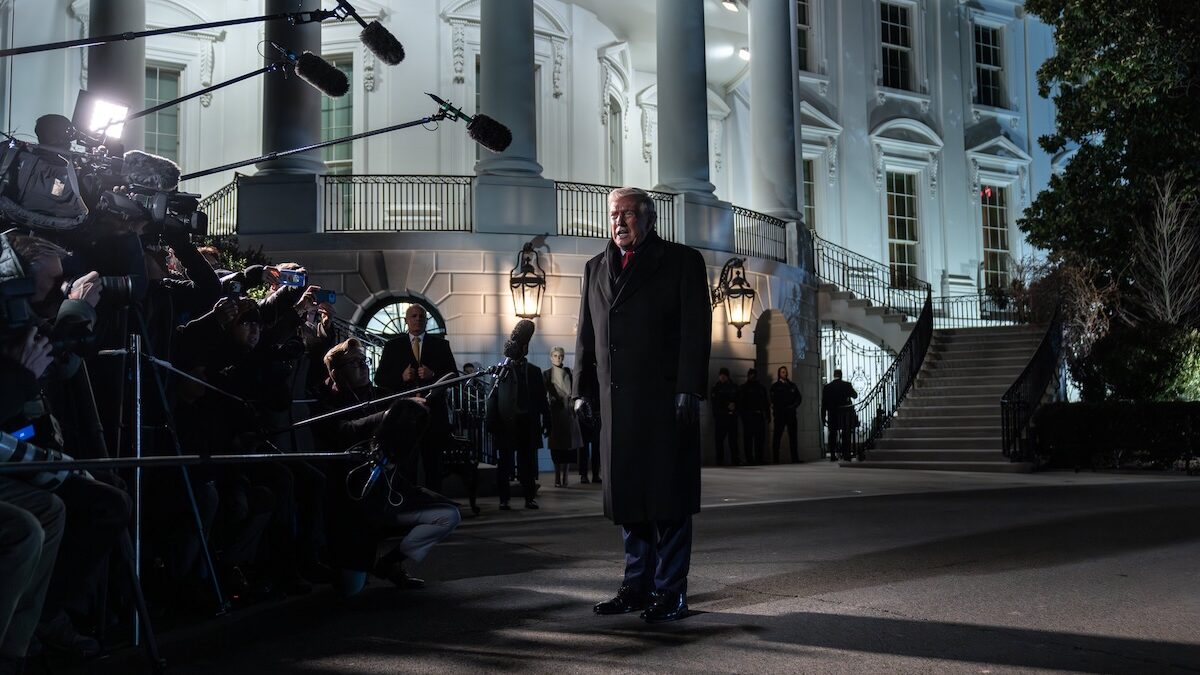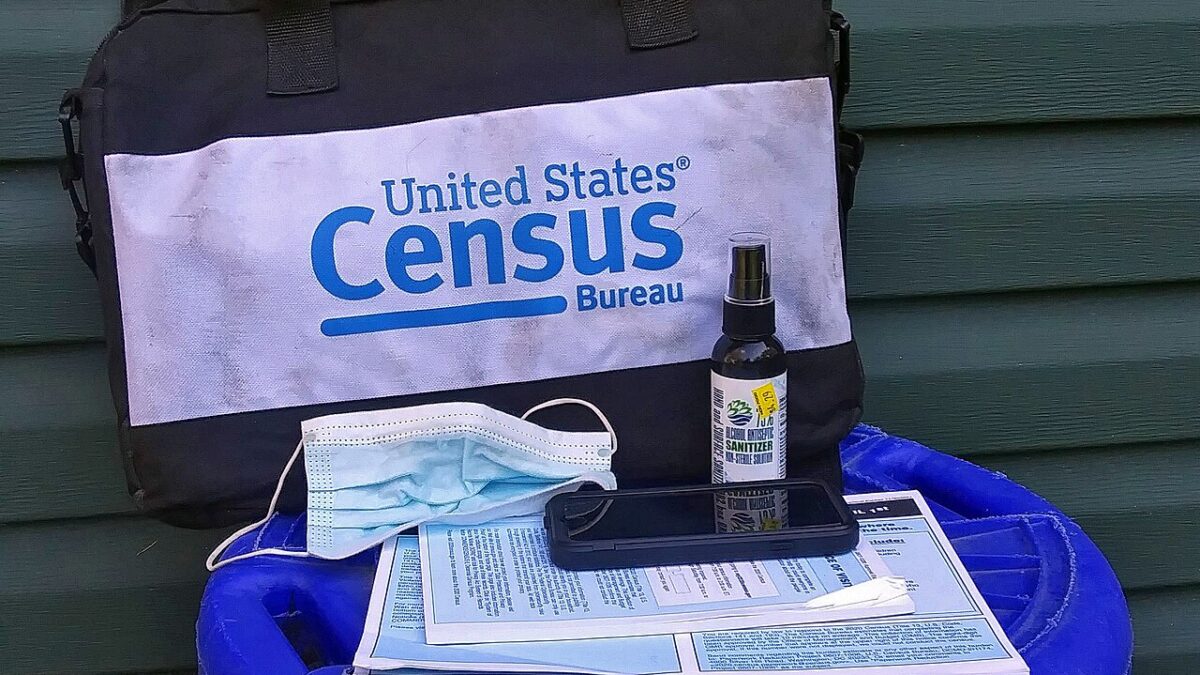Professor Dorian Abbot, a tenured faculty member in the University of Chicago’s Department of Geophysical Sciences, is under attack by a mob of university students, faculty, and alumni after he posted a series of YouTube videos criticizing his department’s Equity, Diversity, and Inclusion (EDI) Committee.
EDI efforts, according to Abbot, “promote a worldview in which group membership is a primary aspect of the human being and different groups are taught to view each other antagonistically.” For this reason, he hoped his videos would ignite a spirited intellectual discussion, while depicting the dangers of vilifying groups based on race, class, and sex.
Unfortunately, in academia, Abbot’s statements are highly controversial. Abbot, who says he’s “just a science guy,” was in shock after he became the subject of a social media firestorm, facing backlash from his students and colleagues, many of whom expressed being “hurt” and feeling “unsafe” due to his beliefs.
“I think I was a little naive,” he told the student newspaper, the “Chicago Thinker.” Finding the comment section unproductive and not conducive to a civil debate, Abbot decided to delete the videos.
People can still access the slides featured in the original video posts. Since Abbot merely read off his presentation slides in the videos, his message is still publicly available.
Staff, students, and alumni of the Geophysical Sciences department wrote a letter containing 11 demands addressed to the Geophysical Sciences department faculty. In it, the group contends that Abbot’s opinions “threaten the safety and belonging of all underrepresented groups within the department and serve to undermine Equity, Diversity, and Inclusion initiatives driven by the Equity, Diversity, and Inclusion Coordination Team (EDICT).” They also state that his videos “represent an aggressive act” towards research and teaching communities.
The co-signers’ 11 demands would effectively ostracize and shame Abbot, by stripping him of departmental titles and privileges, as well as by allowing offended students to transfer out of his courses. The group also demanded that the Department of Geophysical Sciences formally and publicly denounce Abbot’s views, and change hiring and promotion procedures to prioritize EDI. On free speech, “[t]here is a group [on campus] that’s trying to silence anyone who disagrees with them,” Abbot told the “Thinker.”
A petition signed by more than 9,000 people asks University President Robert Zimmer to affirm Abbot’s right to free speech and calls on the university to uphold the “Chicago Principles,” a mission statement claiming a commitment to the defense of free speech and open debate.
To the university’s credit, Zimmer released a strong statement maintaining that, as prescribed by the Chicago Principles, “faculty are free to agree or disagree with any policy or approach of the university, its departments, schools or divisions without being subject to discipline, reprimand or other form of punishment.”
However, the letter penned by angry students, staff, and alumni calling for Abbot to be censured was not addressed to Zimmer, it was addressed to the Geophysical Sciences department faculty. The angry signatories requested a response addressing each individual demand from the Department of Geophysical Sciences by Dec. 11.
The Process Is the Punishment
While the department’s response to the demands are not publicly available, Abbot told The Federalist he is very concerned about the department’s response to the 5th demand, which asks the department to “develop and publish a public-facing values statement and code of conduct, both to show that Professor Abbot does not speak for the Department of Geophysical Sciences and to document the effects of statements like Prof. Abbot’s on research, teaching, and climate within the department. This measure will help navigate similar issues in the future.”
According to Abbot, the department has promised to form a committee to create, as demanded, a “code of conduct” for the department. “This is concerning,” said Abbot, “because the Chicago Principles already specify a code of conduct that emphasizes freedom of expression.”
“We also already have university policies forbidding illegal harassment and assault,” Abbot explained. “Why would we need a new code, except to restrict academic freedom and freedom of expression about things that some people don’t want challenged or discussed?”
“The other potential issue is that convening a committee to investigate a code of conduct right after I spoke up about something seems like an implicit criticism of my speech,” he added. “It could be interpreted by department members in less secure positions as a warning not to think or say the wrong things.”
The department’s response is troubling, given the university’s commitment to free speech and disturbing given Abbot’s videos were created in good-faith, thought-provoking, and shed light on very real problems currently facing academia. “What concerns me,” said Abbot in one of his videos, “is that we have been trying to fix bias problems by building new biases into selection processes.”
University Staff: Don’t Hire Any White People or Men
Last year, Abbot served on a committee for a competitive postdoctoral fellowship, and on the hiring committee for the Geophysical Sciences department. Abbot reported in his videos that both of these committees made selection decisions based on sex and race. According to Abbot, a few common phrases he heard in these meetings were the following:
We need more X diversity in our department, not more Chinese…[b]ecause Z is a white male, he has no right to discuss certain issues…[and] [w]e should hire Y primarily because he or she will help us with our problem with X diversity.
Abbot also disclosed to the “Thinker” that when he was on the department’s hiring committee, he and the other committee members were told that the dean of the division would not consider a faculty candidate, regardless of ability, unless the person was a woman or an underrepresented minority.
Abbot provided the following quotation from an email he received while on the hiring committee: “…the only hires that will be considered are for women and/or under-represented groups. I know we cannot legally say that for an advertisement, but it may affect how things play out if we move forward with interviews…”
This wasn’t an isolated incident. According to Abbot, Assistant Professor Graham Slater, who is a member of the EDI departmental committee, gave a seminar to the department, which included the following quotation: “If you are just hiring the best people, you’re part of the problem.”
Abbot released a strong response to these incidents and says he remains committed to his argument:
I am speaking out on these issues because I believe I have a moral obligation to warn about the dangers of adopting a group-based framework in the academy and in society more generally… I am firm in my belief that sometimes people need to be challenged to think through the implications of ideologies they are advocating.
In his video presentation, Abbot said he is trying to remind the university of its primary goal: “the creation of important new knowledge” and “the education of students.” He believes that the university should not be involved in “advocating particular political ideologies, religious instruction of the population, attempting to adjudicate and effect social justice, and providing for the national defense.”
“Let’s stay focused on doing amazing research and teaching, because society depends on us to do that. Let’s continue to hire and promote faculty based on their ability and promise in research and teaching,” he concluded in one of the videos.
U-Chicago Is Not a Haven for Free Speech
The adversity Abbot faces is not new at the University of Chicago. Students and professors understand that there are consequences, both professional and social, for speaking freely if their opinions defy current campus orthodoxy.
Incidents that suppress free speech on campus abound at the university. To name a few recent examples, there was the vicious harassment of conservative students, including a PhD student who presented research that contradicted leftist ideology, and the outcry over Steve Bannon’s invitation to speak on campus.
Abbot seems to be at peace with his decision to speak his mind about the perils of groupthink and identity-based bias. “I’m not worried about any of this [and] I don’t feel like a victim,” said Abbot. “If they run me out of the university, then I don’t want to be here anyway.”
